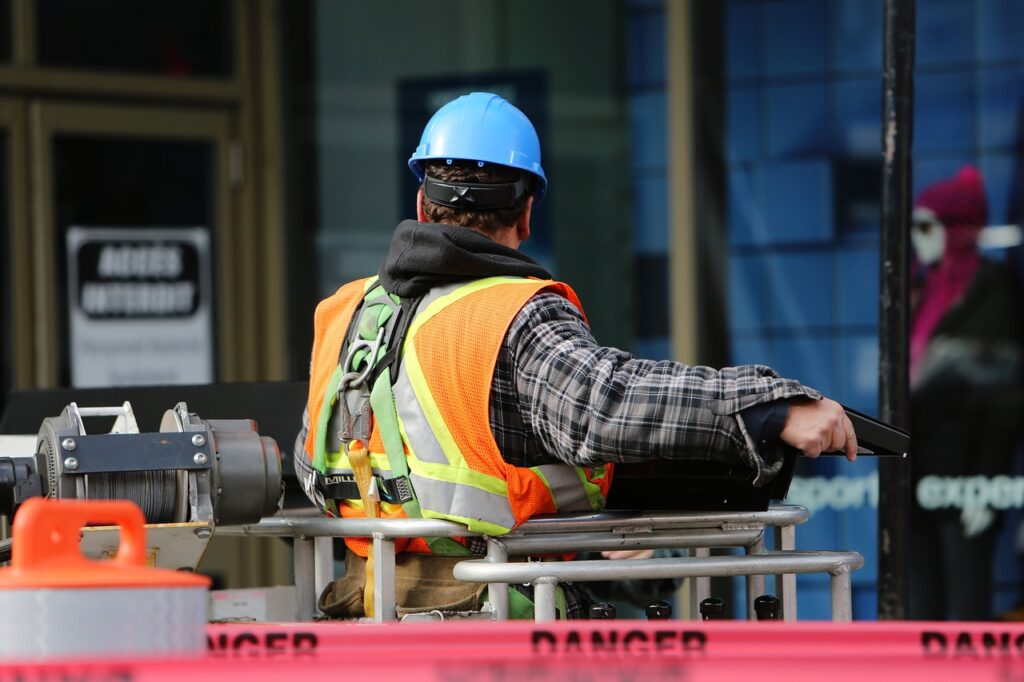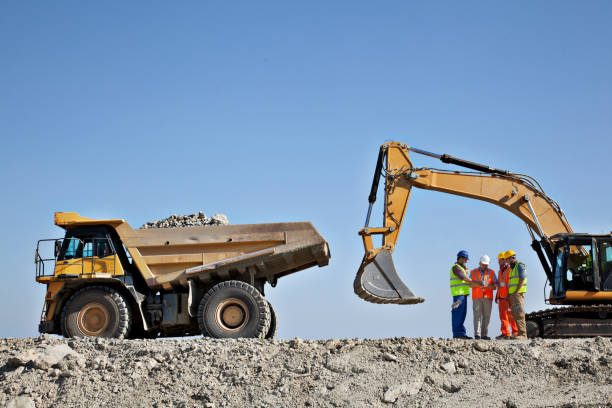Introduction:
Working at height poses inherent risks, making it crucial for businesses to prioritise health and safety measures. As a powered access hire company based in the UK, we understand the significance of maintaining a safe working environment for our clients and their employees. In this blog post, we will explore the importance of health and safety while working at height, focusing on the various training options available, such as IPAF Training, MEWPS for Managers, IPAF PAL+, and site assessment MEWP courses. We will also reference information provided by the Health and Safety Executive (HSE) to emphasise the key aspects of ensuring safety when using mobile elevating work platforms (MEWPs).
Understanding the Hazards:
According to the HSE, the primary dangers associated with MEWPs arise from their operation and use rather than their movement as a site vehicle. It is essential to control these hazards adequately to establish a safe workplace for all vehicle operations. Some key issues to consider are:
MEWP Hazards: Fatal and serious injuries related to MEWPs often occur due to entrapment, overturning, falling, and collision incidents. These hazards should be identified and addressed through a comprehensive risk assessment.
Controlling the Risk: To mitigate the risks associated with MEWPs, several precautions must be taken. These include selecting the appropriate MEWP for the job and site, developing rescue plans and practicing them, providing training and instruction to operators, and implementing safety measures such as confined overhead working protocols, keeping the platform tidy, ensuring suitable ground conditions, using outriggers and guardrails, using fall arrest systems, preventing falling objects, considering weather conditions, and avoiding nearby hazards.
Training and Competence:
Proper training and competence are critical for maintaining a safe working environment while using MEWPs. The HSE recommends the following:
Operator Training: Operators should attend a recognised training course and obtain a certificate, card, or license specifying the categories of MEWPs they are trained to operate. The training should be refreshed periodically, and the expiry dates of the licenses/cards should be checked.
Familiarisation Training: In addition to formal training, operators should receive familiarisation training on the controls and operation of the specific make and model of MEWP they will be using.
Inspection, Maintenance, and Examination:
Regular inspection, maintenance, and examination of MEWPs are crucial to ensure their safe operation. The HSE advises the following:
Visual Checks: Operators should conduct daily visual checks of MEWPs to identify any defects or problems. Reported issues should be promptly addressed, and safety-critical items should result in the MEWP being taken out of service.
Inspections and Servicing: Establish a schedule for regular inspections and servicing in accordance with the manufacturer’s instructions and the associated risks. This helps maintain the MEWP’s optimal condition and minimise potential hazards.
Thorough Examination: A competent person should conduct a thorough examination of the MEWP at least every six months, or as per an examination scheme developed by such a person. This examination ensures the MEWP’s compliance with safety standards.

Conclusion:
Prioritising health and safety when working at height is essential to protect employees and ensure a secure working environment. By understanding and controlling the hazards associated with MEWPs, providing comprehensive training to operators, and maintaining MEWPs through regular inspections and examinations, businesses can significantly reduce the risks and promote a culture of safety. At ReactiveAP, we are committed to delivering safe and reliable powered access hire services while adhering to the highest health and safety standards.



